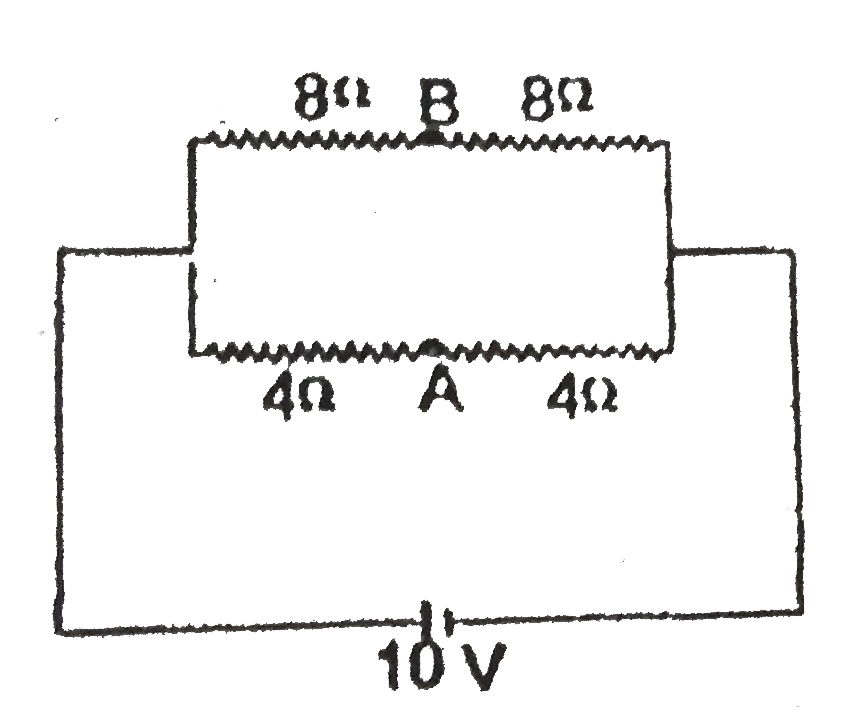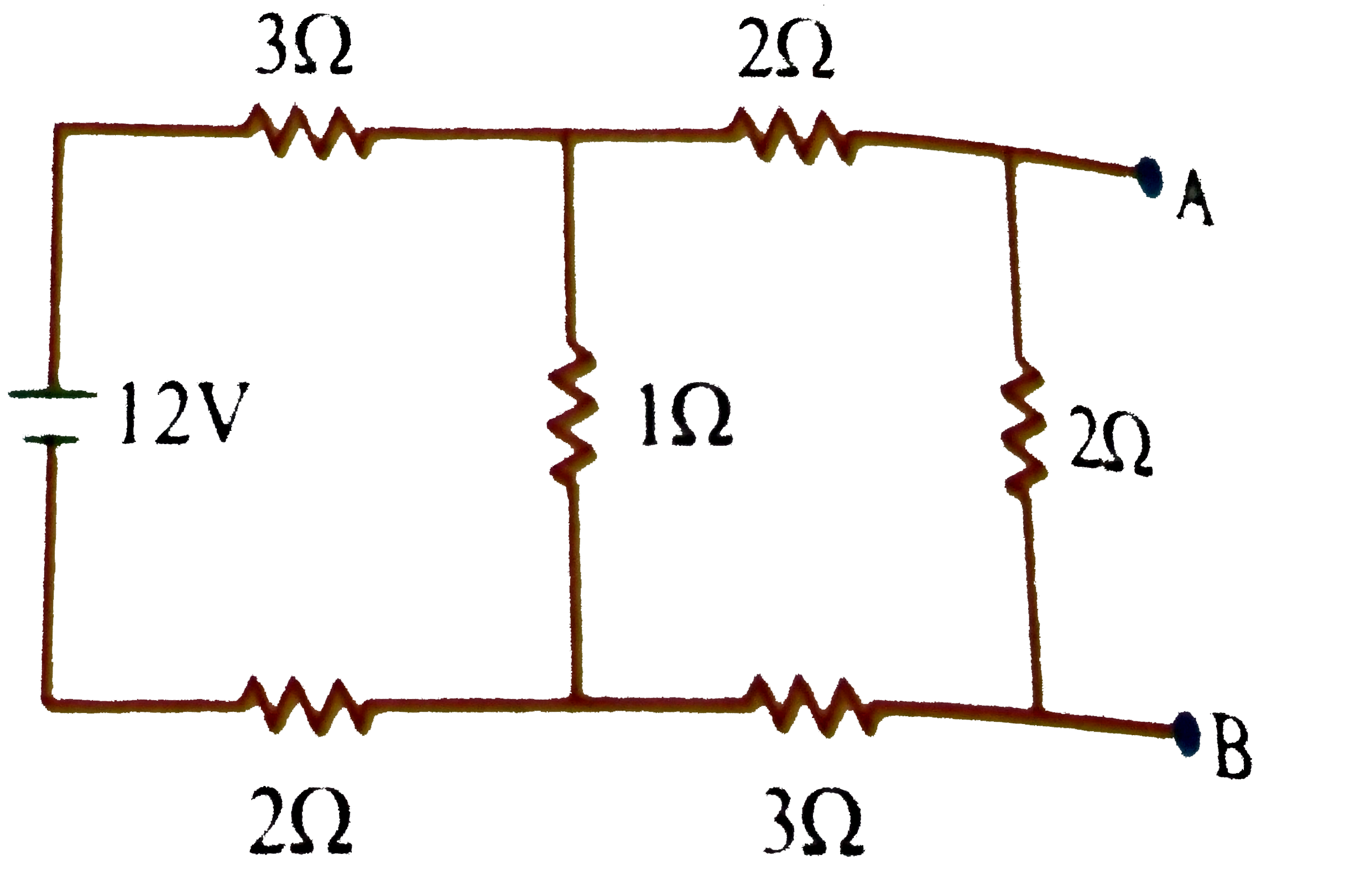State the difference between action potential and resting potential.
Step-by-Step Solution
1. Definition of Resting Potential:
- Resting potential refers to the voltage difference across the plasma membrane of a neuron when it is not transmitting any signals. This state is characterized by a stable, negative charge inside the neuron compared to the outside.
2. Definition of Action Potential:
- Action potential is the voltage difference that occurs across the neuron membrane when a signal is being transmitted. This results in a rapid change in membrane potential, leading to a positive charge inside the neuron.
3. Voltage Difference:
- Both resting potential and action potential are types of voltage differences. However, resting potential is a stable state, while action potential is a transient state that occurs during signal transmission.
4. State of the Neuron:
- During resting potential, the neuron is in a non-transmitting state, meaning it is not sending any signals. In contrast, during action potential, the neuron is actively transmitting signals.
5. Overall Function:
- Resting potential prepares the neuron for action, maintaining the conditions necessary for the generation of action potentials. Action potentials are essential for communication between neurons and the transmission of signals throughout the nervous system.
Summary of Differences
| Feature | Resting Potential | Action Potential |
|-----------------------|-------------------------------------------|-----------------------------------------|
| Definition | Voltage difference in a non-transmitting state | Voltage difference during signal transmission |
| Neuron State | Non-transmitting | Actively transmitting |
| Charge Inside Neuron | Negative charge | Positive charge |
| Stability | Stable state | Transient state |
- Resting potential refers to the voltage difference across the plasma membrane of a neuron when it is not transmitting any signals. This state is characterized by a stable, negative charge inside the neuron compared to the outside.
- Action potential is the voltage difference that occurs across the neuron membrane when a signal is being transmitted. This results in a rapid change in membrane potential, leading to a positive charge inside the neuron.
- Both resting potential and action potential are types of voltage differences. However, resting potential is a stable state, while action potential is a transient state that occurs during signal transmission.
- During resting potential, the neuron is in a non-transmitting state, meaning it is not sending any signals. In contrast, during action potential, the neuron is actively transmitting signals.
- Resting potential prepares the neuron for action, maintaining the conditions necessary for the generation of action potentials. Action potentials are essential for communication between neurons and the transmission of signals throughout the nervous system.
| Feature | Resting Potential | Action Potential |
|-----------------------|-------------------------------------------|-----------------------------------------|
| Definition | Voltage difference in a non-transmitting state | Voltage difference during signal transmission |
| Neuron State | Non-transmitting | Actively transmitting |
| Charge Inside Neuron | Negative charge | Positive charge |
| Stability | Stable state | Transient state |
Topper's Solved these Questions
- CONTROL AND COORDINATIONBOOK - PEARSON IIT JEE FOUNDATIONCHAPTER - CONTROL AND COORDINATIONEXERCISE - MASTERING THE CONCEPTS (Assertions and Reasons)
10 Videos
- CONTROL AND COORDINATIONBOOK - PEARSON IIT JEE FOUNDATIONCHAPTER - CONTROL AND COORDINATIONEXERCISE - ASSESSMENTS TESTS
28 Videos
- CONTROL AND COORDINATIONBOOK - PEARSON IIT JEE FOUNDATIONCHAPTER - CONTROL AND COORDINATIONEXERCISE - TEST YOUR CONCEPTS
37 Videos
- CELL-THE BASIC UNIT OF LIFEBOOK - PEARSON IIT JEE FOUNDATIONCHAPTER - CELL-THE BASIC UNIT OF LIFEEXERCISE - MASTERING THE CONCEPTS (Assertion and Reasons) (Choose the correct option)
5 Videos
- ECOLOGYBOOK - PEARSON IIT JEE FOUNDATIONCHAPTER - ECOLOGYEXERCISE - QUICK RECAP
3 Videos
Similar Questions
Knowledge Check
Action potential is
ADecremental phenomenonBDoes not obey all or noneCK+ goes from ECF to ICFDAlways same for any one neuronThe potential difference between point A and B is
 A207VB407VC107VDzero
A207VB407VC107VDzeroPotential difference between two points is equal to
AWork donechargeBCharge × work doneCChargework doneD(charge)2work done
State the relationship between water potential and solute potential for a solution at atmospheric pressure .
View SolutionWhat is action potential?
View SolutionGeneration of action potential in stage of
View SolutionWhat is the difference between potential energy and kinetic energy ?
View Solution
The potential difference between points A and B is
View Solution
